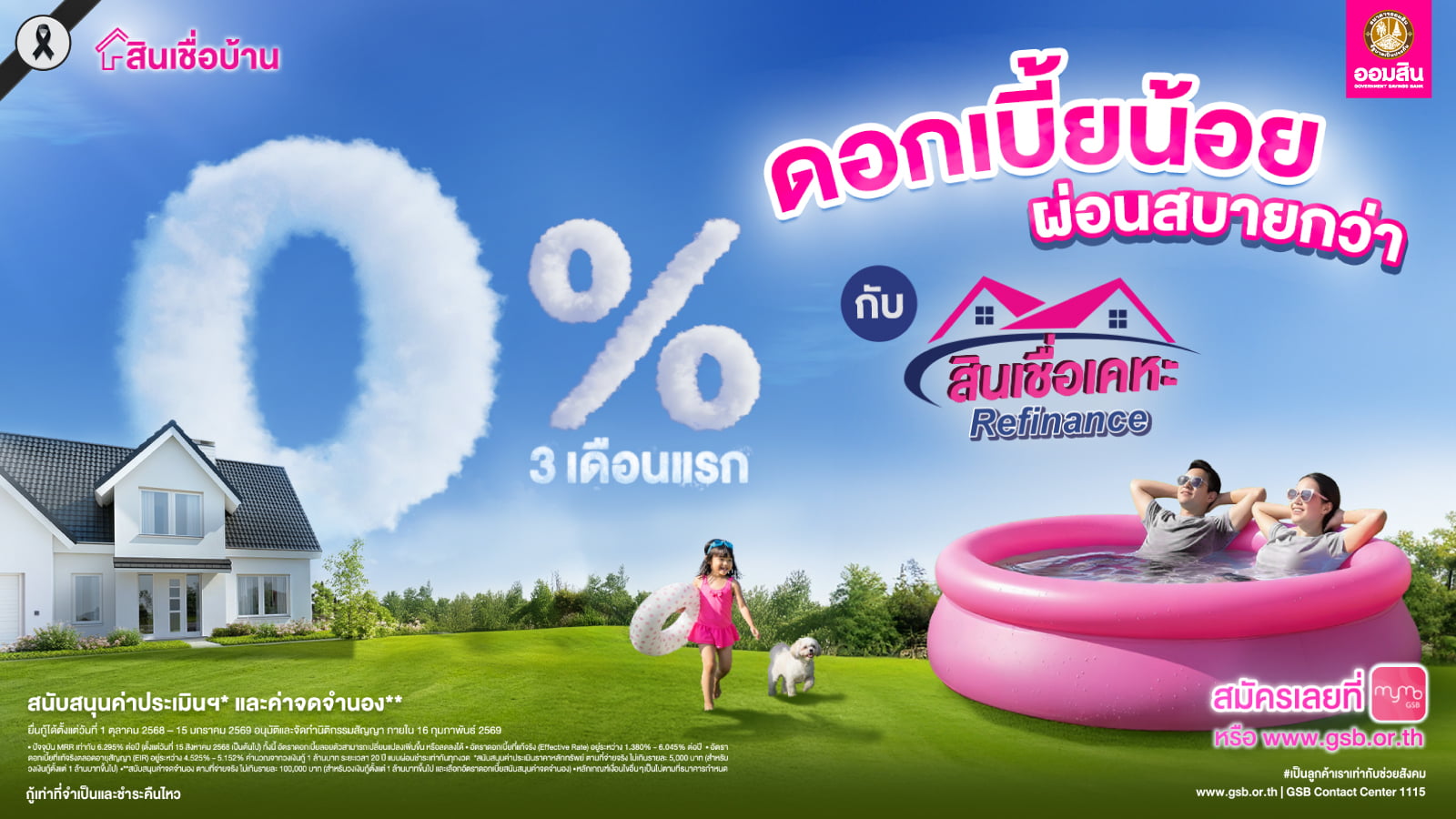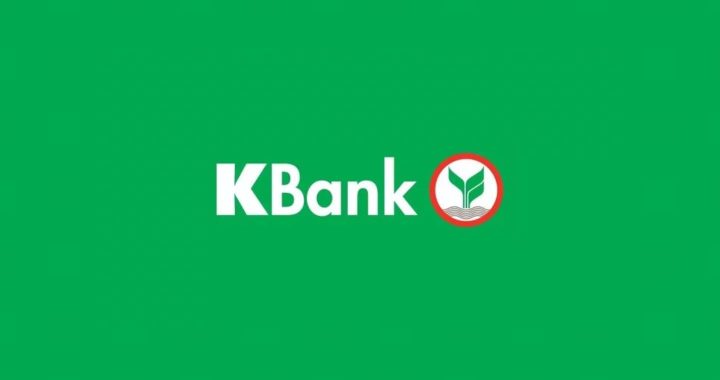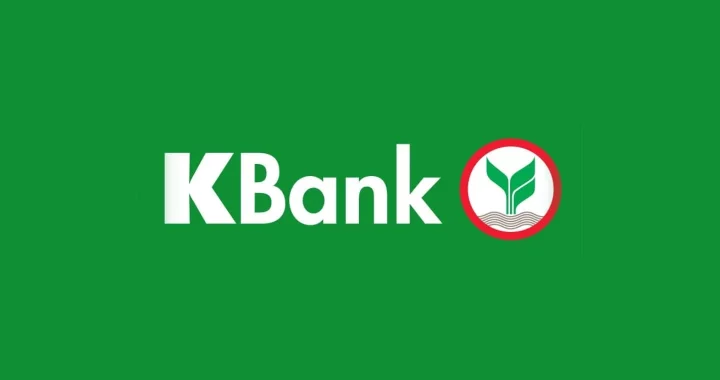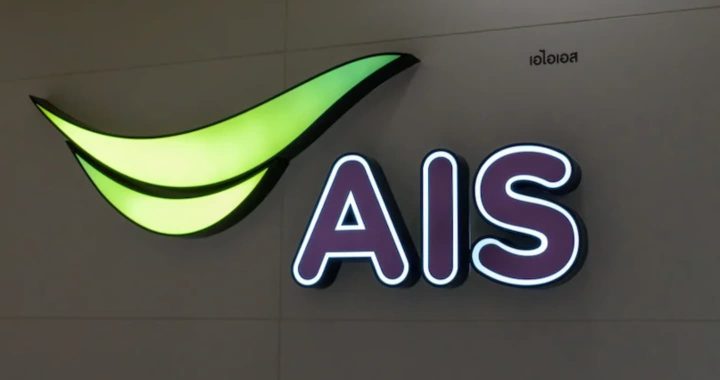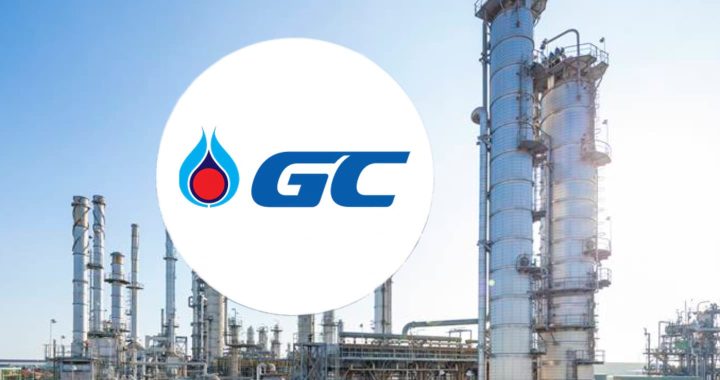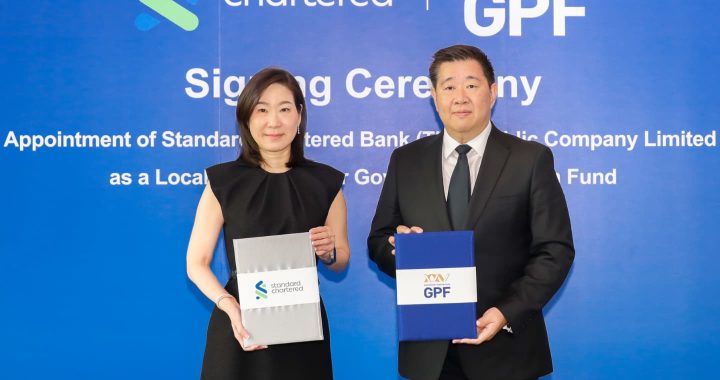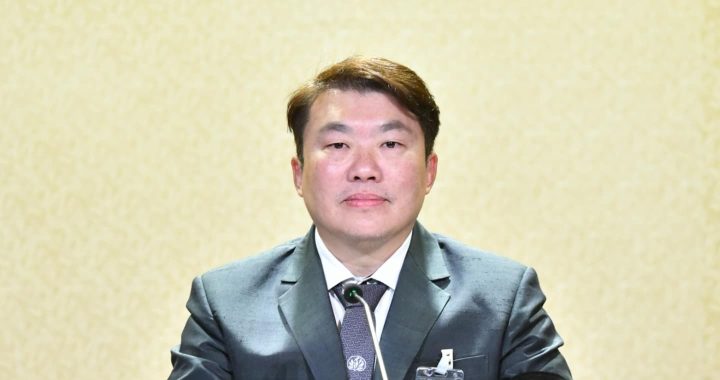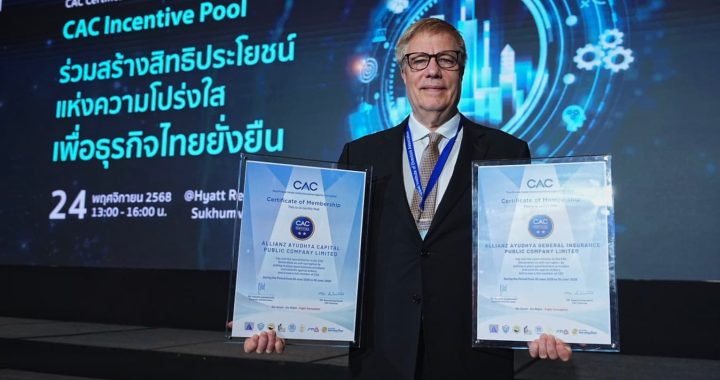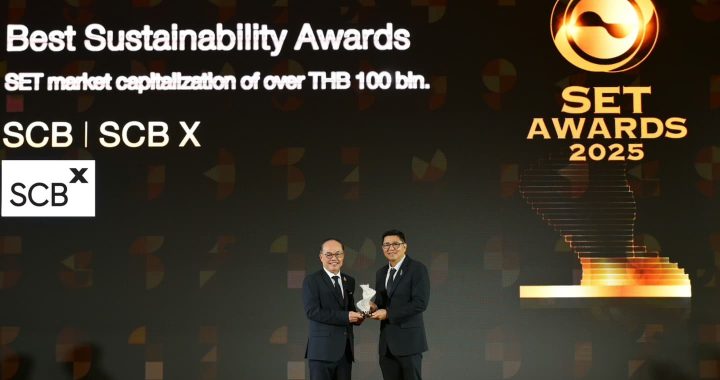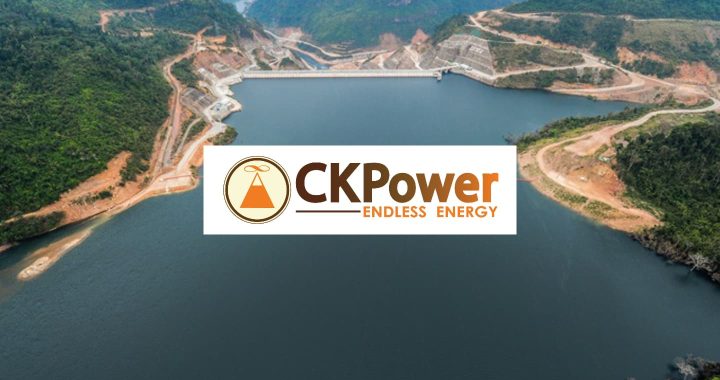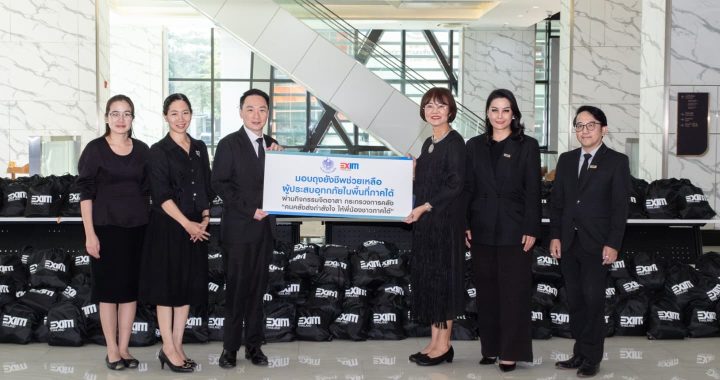KBank Private Banking recommends investment in alternative assets

KBank Private Banking (KPB) has announced its investment strategies, focusing on five alternative assets in order to “Increase Options for Survival” in an era of economic volatility wherein conventional investment may not be the right answer. KPB showcased its success as evidenced by its stellar performance with return on investment of around 11-19 percent p.a. This achievement reinforces KPB’s status as Thailand’s top-notch investment and wealth management advisory service provider.

Mr. Triphon Phumiwasana, Senior Managing Director, Private Banking Business Head, KASIKORNBANK (KBank), noted, “Amid highly uncertain economic circumstances, traditional asset classes may no longer provide satisfactory returns. Investors have therefore switched to new forms of investment as alternative vehicles for risk diversification and long-term stable returns. To survive market volatility, global investors have invested in alternative assets thanks to their highly flexible investment management strategies. Given that prices of private assets are not tied to capital market movements, therefore they reflect real fundamentals of each asset class. As a leading investment and wealth management advisory service provider, KPB has recommended that our clients invest in alternative assets since 2021 to capitalize on their growth potential while also guarding against market volatility.”
KBank Private Banking recommends the five following asset classes, comprising three types of private assets and two types of public assets with flexible investment strategies. They are, i.e.,

1. Private Equity
Private Equity (PE) is typically an investment fund which is not listed on a public stock exchange. Private equity funds mainly invest in companies with high growth potential seeking to raise funds for business expansion. Unlike public stock markets which tend to fluctuate out of emotion-driven market sentiment, PE prices are not quoted on a daily basis, and their returns typically reflect real fundamentals of the companies they are invested in. Given this, private equity potentially provides attractive returns with relatively low price fluctuations over the short term period. However, investors may have to measure this advantage against the need for a lengthy investment period, mostly depending on the growing stage of the invested companies. Therefore, private equity is suitable for long-term investors who can hold their investment for at least seven to nine years.
2. Private Debt
Private Debt is like a loan provided outside the capital market as an alternative form of fund mobilization for companies wishing to expand their businesses. However these companies are unable to gain access to funds per the normal course of business such as loans provided by banks, or for companies wishing to quickly mobilize funds. Therefore Investors will enjoy higher returns amid the current upward trend in interest rates, although they may have to trade that off for relatively low liquidity compared to investment in government bonds or debentures that are typically traded in the capital market. This asset class is suitable for investors who can invest over at least five to seven years.
Investment in Private Real Estate or basic infrastructure that is not listed on a public stock market such as office buildings, and electricity and telecommunication projects, can help diversify risks in a volatile market, as well. Properties with high rental rates offer investors a greater opportunity to enjoy steady returns. Investment in Private Real Estate is ideal for present investment conditions as it offers investors stable cash flows. Long-term investment of at least three years is recommended.
4. Quantitative Hedge Fund
Quantitative Hedge Fund is an alternative fund with greater flexibility in investment strategy. Trust must be placed primarily on the skills of fund managers as they anticipate positive returns regardless of any market conditions. Quantitative Hedge Fund can invest in a diverse range of asset classes and typically uses a short-selling strategy to make profits during market downturns by borrowing assets to sell first before repurchasing them later at a lesser value or using derivatives to boost the leverage rate or other more complicated strategies, based on mathematical and quantitative statistical methods. Overall, a quantitative hedge fund can serve as a tool to add new dimensions to investment portfolios in terms of returns and risk diversification.
Structured Note is a financial instrument combining the key features of debentures and derivatives. Its investment mechanism is based on asset prices or factors related to market changes in various forms such as stock index, foreign exchange rate, etc. For instance Structured Note products that are preferred among Thai investors are knock-in knock-out (KIKO) structured notes with Thai or foreign stocks as underlying assets. They will offer good returns at a time when the market is moving in a narrow range, and can provide regular returns in the form of monthly interest.
Subsequently each asset class is outstanding and can well meet the different needs of investors. Interested investors should study and understand investment details thoroughly or consult professionals for advice on appropriate investment portfolio allocation. In normal practice, alternative assets make up no more than 10 percent of a total portfolio, as their main purpose is risk diversification.
In closing, Dr. Triphon noted, “According to operating results of last year, our alternative asset investment product with outstanding performance and satisfactory returns amid market volatility was K-GPE19A-UI fund, a private equity fund, which offered an average return of up to 19 percent per annum. Throughout the second half of this year, KBank Private Banking is determined to continually introduce additional alternative investment products both domestically and internationally, and in alignment with investment themes of the future, namely Global Private Debt, Global Private Equity, Global and Local Private Real Estate, Quantitative Hedge Fund Strategy and Exotic Structured Note, as investment options.”


